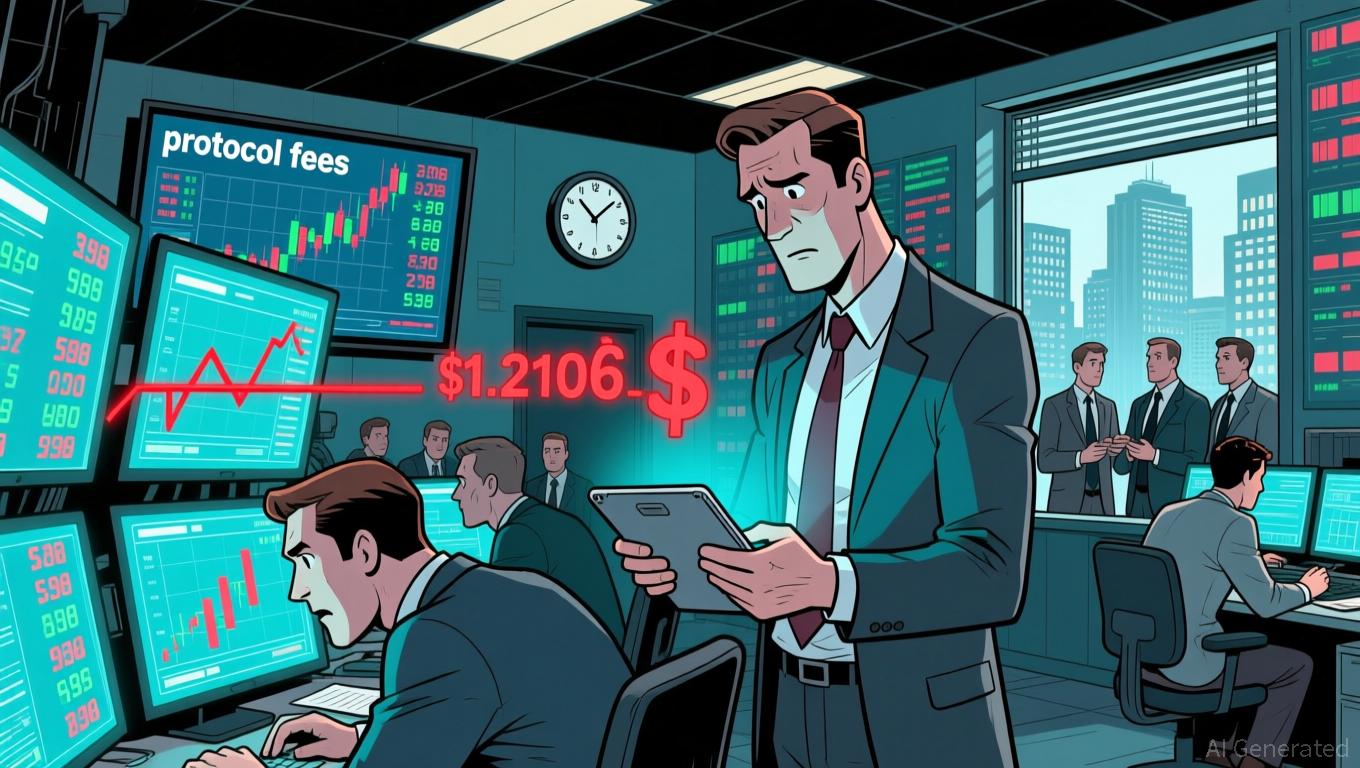Trump’s decision to pardon Lewis suggests a softer stance toward high-profile white-collar offenses
- Trump pardons British billionaire Joe Lewis, allowing him to return to the U.S. after a 2024 insider trading conviction. - Lewis, 88, avoided jail due to health but faces $5M in fines; his family expressed gratitude for reuniting with relatives in Florida. - The pardon aligns with Trump's pattern of leniency toward high-profile figures, sparking debates over corporate white-collar crime policies. - Lewis's family trust confirms no changes to Tottenham Hotspur's governance, maintaining Vivienne Lewis's op
Donald Trump has
Lewis’s legal issues originated from a

For Lewis, the pardon brings substantial personal and family advantages. The conviction had
The pardon has been likened to Trump’s recent actions in global politics,
Lewis’s pardon also underscores the Trump administration’s stance on corporate financial crimes. Unlike his first term, which featured fewer such pardons, Trump’s current administration has
Tottenham Hotspur, still managed by the Lewis family trust, has not issued a statement regarding the pardon’s impact on the club’s direction. However, the family’s
Disclaimer: The content of this article solely reflects the author's opinion and does not represent the platform in any capacity. This article is not intended to serve as a reference for making investment decisions.
You may also like
Aster News Today: Optimism Faces Prudence: ASTER Approaches $1.21 Following RSI CEO's 16% Stake Sale
- Aster (ASTER) rose 8% toward $1.21 as Binance-backed DEX hit $3T in cumulative trading volume. - RSI CEO sold 16% stake ($11M+), raising doubts despite Q2 revenue growth (19.7%) and EPS beat. - ASTER faces mixed signals: bullish triangle pattern vs. declining fees, 50% open interest drop, and stagnant adoption. - Analysts remain divided: RSI's 22% YTD gain contrasts with ASTER's uncertain breakout potential amid waning trader enthusiasm.

The ChainOpera AI Token Crash: An Urgent Warning for Cryptocurrency Projects Powered by AI
- ChainOpera AI's COAI token collapsed 96% in late 2025, exposing systemic risks in AI-driven DeFi ecosystems. - Centralized governance (10 wallets controlled 87.9% supply) and misaligned incentives exacerbated panic selling during crises. - Technical flaws included untested AI models with 270% increased vulnerabilities and inadequate smart contract security audits. - Regulatory shifts like the GENIUS Act compounded liquidity challenges, highlighting the need for compliance-ready AI crypto projects. - Inve

How large a portion of the AI data center surge will rely on renewable energy sources?
Amazon satellite network receives a new name — and no longer emphasizes its low-cost promise